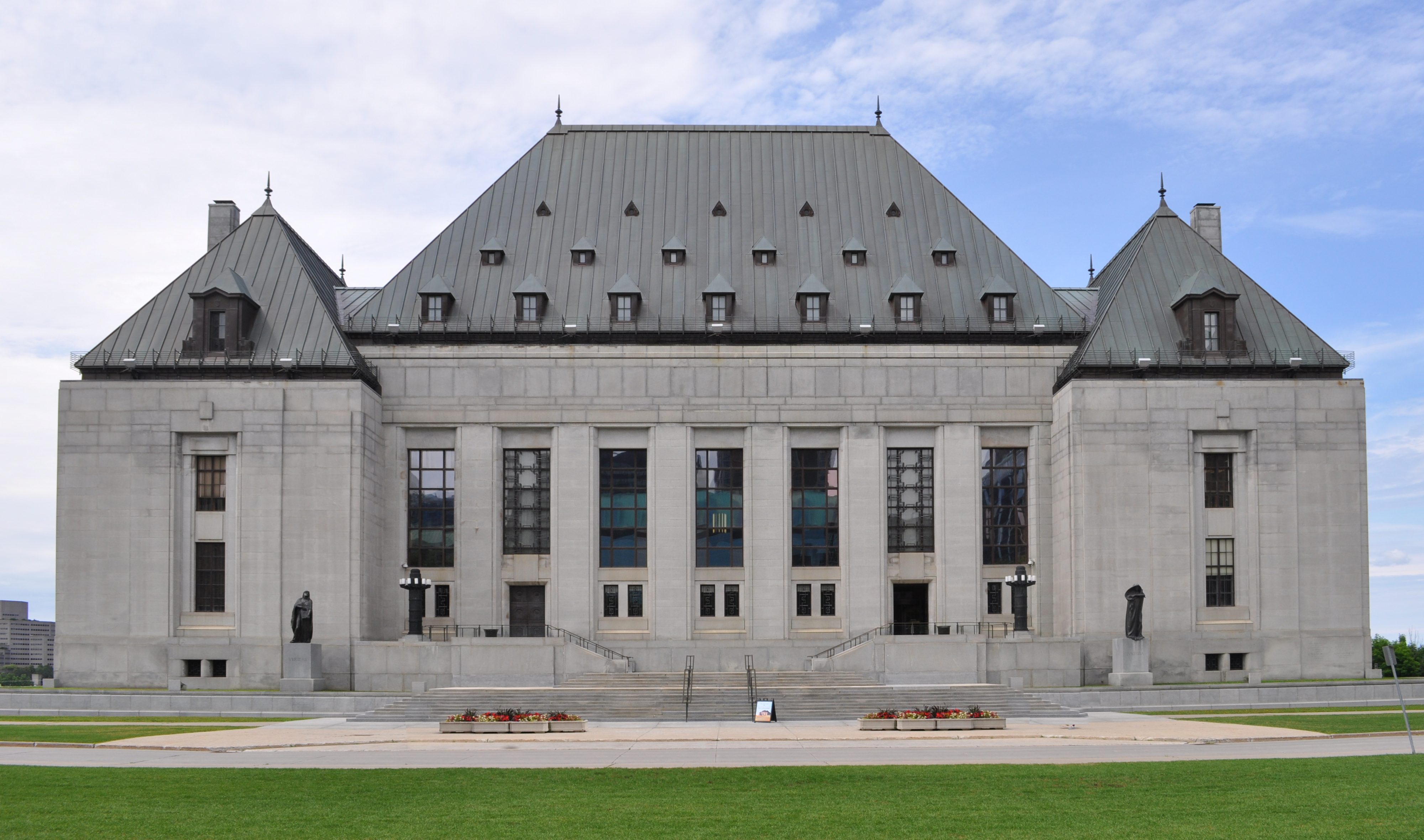Malliha Wilson is currently the Senior Counsel at Nava Wilson LLP in Toronto. Prior to moving into private practice, she served as the Assistant Deputy Attorney, Civil, of the Government of Ontario for more than eight years. She was the Senior Appellate Litigation Counsel with the Ontario Government for more than 30 years.
Throughout her career, Malliha Wilson has been an advocate for the people of Canada. She has been involved in more than 20 notable cases at the Supreme Court of Canada and the Ontario Court of Appeal. She specializes in human rights, indigenous rights, constitutional law, corporate and labor law. Malliha has even appeared before the U.N. Human Rights Council defending Tamil Canadians. Let’s take a look at some notable cases and issues Malliha has been involved in.
Carter v Canada

Carter v Canada is a landmark Supreme Court of Canada case that challenged the prohibition of assisted suicide as contrary to the Canadian Charter of Rights and Freedoms. In 1972 the Canadian government repealed a provision making suicide illegal. However, the criminal code made aiding and abetting suicide a punishable offense. In 1993, the Supreme Court denied the right to assisted suicide in Rodriguez v British Columbia. The plaintiffs in the Carter case included the family of Kay Carter, a woman suffering from spinal stenosis. Additionally, Gloria Taylor, a woman suffering from Amyotrophic Lateral Sclerosis (ALS), challenged the assisted-suicide prohibition. Malliha Wilson participated in the case representing the Attorney General for Ontario.
In a unanimous decision, the Supreme Court of Canada reversed the 1993 decision on February 6, 2015. The court ruled that the criminal code provision prohibiting assisted suicide was a violation of Canadians’ rights. The ruling gave Canadian adults the right to opt for doctor-assisted suicide if they are suffering from terminal conditions. The court stated that it was cruel for a person suffering severely to have to end their own life by violent means or live with unbearable pain until they die.
British Columbia v Imperial Tobacco Canada Ltd
Before this case, the British Columbia government passed the Tobacco Damages and Health Care Costs Recovery Act. The legislation gave the government the authority to sue tobacco companies for breach of duty to recover costs placed on the health care system due to the treatment of tobacco-related illnesses. In 2003 the Supreme Court of British Columbia determined that the act was a constitutional violation. Upon further review, a court of appeals overturned that decision in May 2004. Imperial Tobacco Canada appealed the case, and the Supreme Court of Canada agreed to hear it.
Malliha Wilson participated in the Supreme Court of Canada case as a representative of the Attorney General for Ontario. On September 29, 2005, the Supreme Court found that the act passed by the British Columbia government was within the constitutional limits and allowed the government to sue tobacco companies for damages. As a result of this ruling, Canada became the second country, along with the United States, that allowed governments to sue tobacco companies to recoup healthcare costs related to smoking.
Tamil Canadian Diaspora

Woking with her private firm at Nava Wilson LLP, Malliha Wilson has served as a strong advocate for the Tamil Canadians in Sri Lanka. She represented the Tamil Canadian diaspora in front of the United Nations Human Rights Council. She sought to address the crimes against humanity and war that have been committed against the Tamil Canadians living in Sri Lanka during the Civil War. She helped to ensure that U.N. Resolution 40/1 stayed in place at the Human Rights Council and held the Sri Lankan government accountable.
Throughout her career, Malliha Wilson has stood up for the rights of the people of Canada. Today she continues her work defending human rights and all Canadians.


















